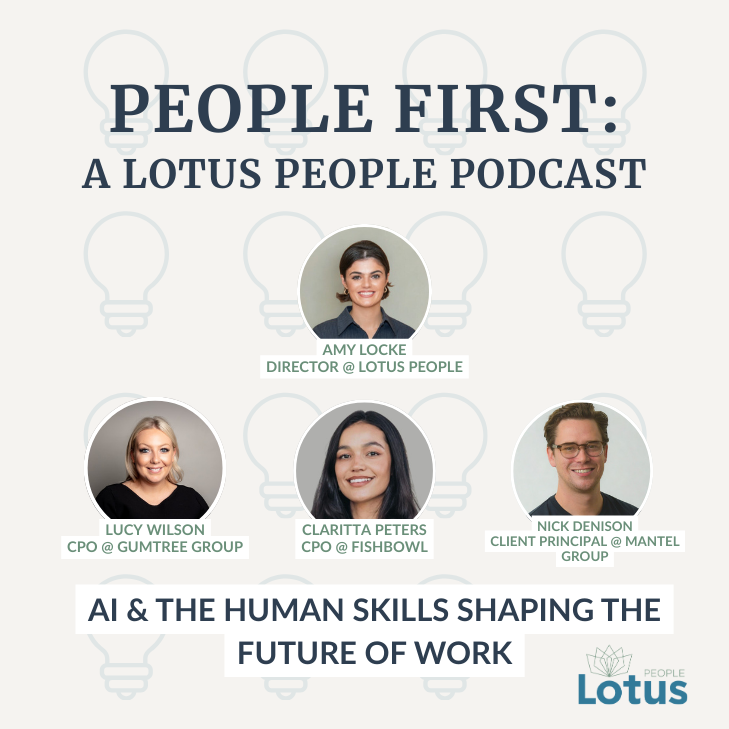I was talking to my friend on the weekend about how many people in Sydney are struggling in isolation with limited human connection. It got me thinking about what makes relationships truly thrive and the correlation with successful company cultures.
I often hear candidates say “I want to work in a positive culture” or “I want to work with an employer who is supportive”. When I hear this, I always dig deeper with them to really understand what this looks like, as a supportive or positive culture for one candidate will often mean something entirely different for another. E.g. a candidate may want to feel truly supported through ongoing training, mentoring and supervision whereas another candidate may view a supportive work environment as being provided with the autonomy to carry out their role each day.
My strongest relationships to date have existed on a foundation of shared core values with often different secondary values that can challenge one another. In my circle of friends, my best friend Cara is incredible at always being very open-minded. Being one of her core values, this often challenges the rest of the group to consider different perspectives and opinions.
Throughout my career, I have found that the most successful company cultures are able to clearly define their ‘must have core values’ and ‘nice to have secondary values’ and authentically live by these values every day. They make intentional and considered decisions to hire staff who truly embody their core values but who can also often bring unique additional values to the company that will enable it to be challenged and grow.
In my experience, identifying candidates whose values compliment a company culture can be found in a range of different industries, in the same way that we form strong relationships with many different types of people. I recruit for non-profit, healthcare, membership and education organisations and what I absolutely love about all of these industries is the commonality in some of their core values. Staff genuinely value authentic human connection, are driven by opportunities to help people and are passionate about contributing to a bigger purpose.
Culture fit has evolved significantly during COVID, with both clients and candidates now immensely valuing flexible ways of working and a work life balance. Now more than ever before, people are prioritising self-care, wellbeing and two-way respect in the workplace.
I always recruit with a true emphasis on culture fit, because I believe that you can train new skills but you cannot train innate traits and values. I have seen employers of choice continually commit to their set of core values. They aren’t just listed on their company website, they are evidently imbedded in their ways of working, throughout every level of the business. These values are truly tangible, throughout the hiring process and entire employee lifecycle.
Culture fit is a significant driver of success and growth in a company. It enables employees to truly thrive in their roles, it keeps them connected with the company and engaged with their goals.
Your culture is your brand.
You may also like...





